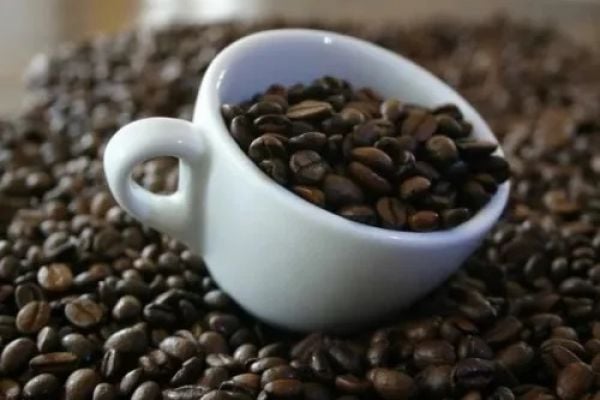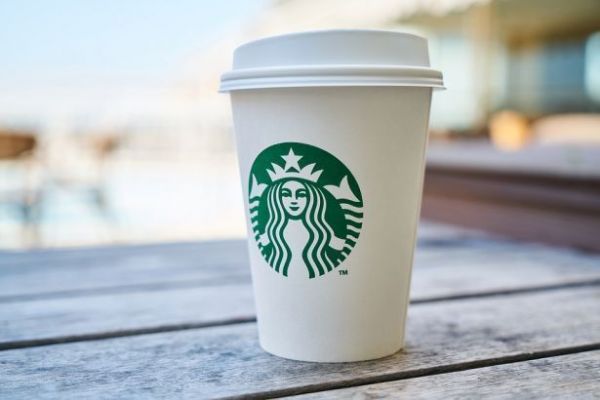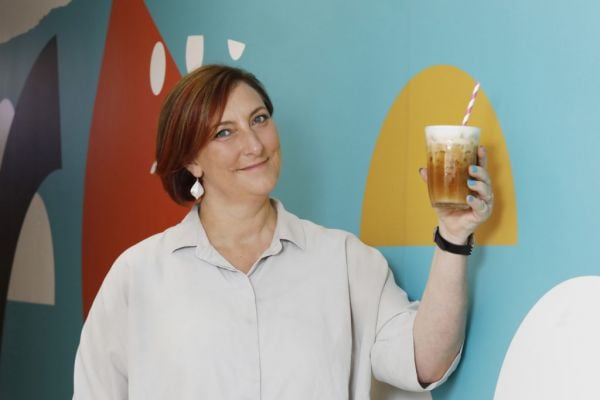Coffee, it seems, is recession-proof. Tea, it’s lighter cousin, is in a similar position, with the Irish still valuing a hot cup of either as key to their day – superseding any worries on cost, tax or budget…within reason.
On a recent stay in a hotel in Kilkenny it finally dawned on me the extent to which coffee and tea can drive a business. As a non-drinker of such staples, I pretty much missed the whole concept, could not see the logic behind people spending money on these ‘drinks’. Why people craved them was understandable, being brought up in a particularly sporty setting, I was aware of the benefits and pitfalls of caffeine. But the breadth of the market – astonishing!
That was until I got up for breakfast and suddenly realised that the coffee and tea were where they should be. I don’t know why it clicked, it just did. Not even part of my dietary consideration, I ‘expected’ to see them. I expected them and I finally understood they were not merely ‘drinks’. The cultural strength of tea and coffee is simply enormous. And therein lies the magic. The industry is so engrained in our psyche that the bizarre becomes the norm. Who didn’t hear the recent elephant dung coffee story? Called Black Ivory Coffee, the new blend starts out in the stomach of an elephant. Handfuls of ripened coffee cherries are fed to elephants on a reserve in Thailand. Once eaten, mother nature then goes to work and the coffee beans are harvested from the elephants dung and roasted. The people behind this special brew say the end result is a less bitter coffee. If that is even a semi-plausible business model, you know the world just can’t get enough of the black stuff.
Of course, beyond the cultural ‘marketing’ if you will, there then comes these wonderful caveats of now-universal words. Fairtrade, Colombian, expresso, words that now mean so much more than their origins. According to a report from Euromonitor, “the first decade of the 21st century in Ireland was characterised by the strong growth of specialist coffee shops by leading global brands such as Starbucks and also local companies such as Insomnia. This has helped to fuel the development of a coffee culture in Ireland and has boosted demand for high quality coffee.”
This demand was cross-industry, Irish people’s tastes evolved, but also grew stronger. Drinking coffee in particular, in general, was almost universally marketed as an ‘event’ by coffee manufacturers, coffee shops, hotels, restaurants etc. However, even though drinking these soft drinks appears recession-proof on the whole, there has clearly been a hit on the hospitality sector with regards these sales. To take an obvious example, a habitual cup of coffee at the end of dinner when dining out used to be as normal as table salt – but now restaurateurs are having to work that little bit harder to woo the custom.
However, there are nice subtle approaches which can prove fruitful. Having a very visible coffee machine is almost as effective as the smell – which in itself is perhaps the strongest immediate marketing tool a small eatery can have. Also, in pubs and hotel bars, the coffee machine has become part of the furniture, visible and proud for all there to see.It has even got to the stage that the Speciality Coffee Association of Europe has an ever more-active branch here in Ireland. The SCAE, along with the Irish Coffee Council (an arm of IBEC), represent almost every aspect of coffee in the country. This is big big business, just take one look at an economic paper and you will read the growing cost of foodstuffs, coffee beans included. However, to an extent, consumers have been protected from the severity of the price increases due to the existence of long term supply contracts within the industry.
Then there’s tea – the margin-friendly Irish water. However, not just good for business because of it’s relatively small cost price, it can also become quite a curse. If you do not have capacity to serve it, for example, you are almost guaranteed to lose business. Similarly, if it is breakfasts in a hotel, or even standard room additions, people expect it ‘included’. In yesteryear that may have meant stocking the standard, keeping them happy. But now people want more. The Irish have traveled, experienced and tasted. For example, a big craze at the moment in Europe is Yerba Mate, an Argentinean tea which has less calories than we are even willing to entertain. There is even a growing market for competitors along those lines, aiming at the calorie-conscious western world. Elsewhere green teas and herbal teas are now more popular than ever, emphasizing the need to properly stock your supplies.
Then there are the major brands which help push the name for your business. Bewleys is as Irish as Guinness, rain or the angelus. One of the key performers within the market, both at home and out-of-home, is Lavazza. Established in 1895, the Turin-based company has been owned by the Lavazza family for four generations. Lavazza is one of the most important roasters in the world, a leader in Italy with a share of the retail market in value of about 48 per cent (source: Nielsen). Lavazza is present with its distributors and subsidiaries in over 90 countries around the world. With a turnover exceeding €1.2 billion in 2011, the company operates worldwide in the Home and Away-from-Home segments. Not bad for a company that began life as a little grocery store, opened by Luigi Lavazza in the historic district of Turin, back in 1895.









